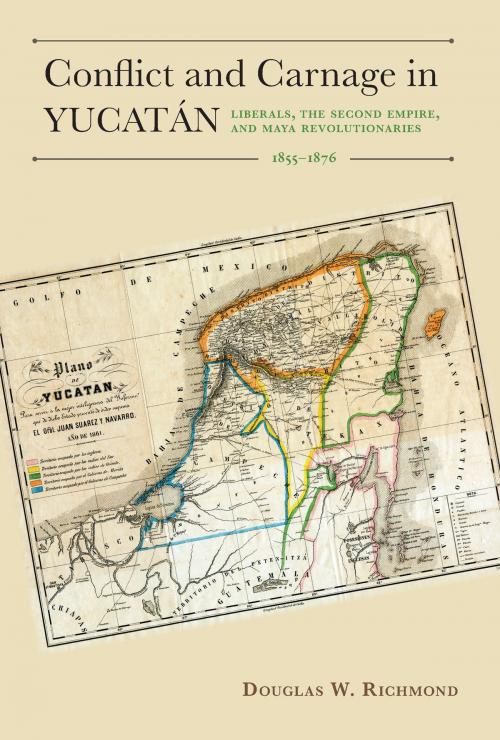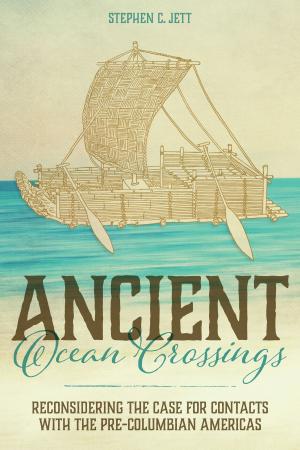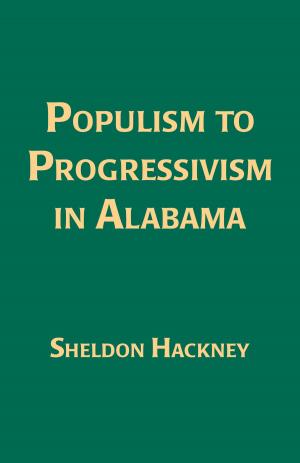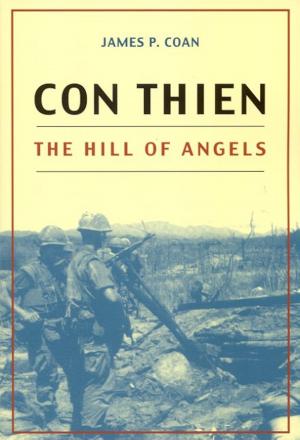Conflict and Carnage in Yucatán
Liberals, the Second Empire, and Maya Revolutionaries, 1855–1876
Nonfiction, History, Americas, Mexico, Social & Cultural Studies, Political Science| Author: | Douglas W. Richmond | ISBN: | 9780817388218 |
| Publisher: | University of Alabama Press | Publication: | April 15, 2015 |
| Imprint: | University Alabama Press | Language: | English |
| Author: | Douglas W. Richmond |
| ISBN: | 9780817388218 |
| Publisher: | University of Alabama Press |
| Publication: | April 15, 2015 |
| Imprint: | University Alabama Press |
| Language: | English |
The Yucatán Peninsula has one of the longest, most multifaceted histories in the Americas. With the arrival of Europeans, native Maya with long and successful cultural and diplomatic traditions of their own had to grapple with outside forces attempting to impose new templates of life and politics on them. Conflict and Carnage in Yucatán provides a rigorously researched study of the vexed and bloody period of 1855 to 1876, during which successive national governments implemented, replaced, and restored liberal policies.
Synthesizing an extensive and heterogeneous range of sources, Douglas W. Richmond covers three tumultuous political upheavals of this period. First, Mexico’s fledgling republic attempted to impose a liberal ideology at odds with traditional Maya culture on Yucatán; then, the French-backed regime of Emperor Maximilian began to reform Yucatán; and, finally, the republican forces of Benito Juárez restored the liberal hegemony. Many issues spurred resistance to these liberal governments. Instillation of free trade policies, the suppression of civil rights, and persecution of the Roman Catholic Church mobilized white opposition to liberal governors. The Mayas fought the seizure of their communal properties. A long-standing desire for regional autonomy united virtually all Yucatecans. Richmond advances the thought-provoking argument that Yucatán both fared better under Maximilian’s Second Empire than under the liberal republic and would have thrived more had the Second Empire not collapsed.
The most violent and bloody manifestation of these broad conflicts was the Caste War (Guerra de Castas), the longest sustained peasant revolt in Latin American history. Where other scholars have advocated the simplistic position that the war was a Maya uprising designed to reestablish a mythical past civilization, Richmond’s sophisticated recounting of political developments from 1855 to 1876 restores nuance and complexity to this pivotal time in Yucatecan history.
Richmond’s Conflict and Carnage in Yucatán is a welcome addition to scholarship about Mexico and Yucatán as well as about state consolidation, empire, and regionalism.
The Yucatán Peninsula has one of the longest, most multifaceted histories in the Americas. With the arrival of Europeans, native Maya with long and successful cultural and diplomatic traditions of their own had to grapple with outside forces attempting to impose new templates of life and politics on them. Conflict and Carnage in Yucatán provides a rigorously researched study of the vexed and bloody period of 1855 to 1876, during which successive national governments implemented, replaced, and restored liberal policies.
Synthesizing an extensive and heterogeneous range of sources, Douglas W. Richmond covers three tumultuous political upheavals of this period. First, Mexico’s fledgling republic attempted to impose a liberal ideology at odds with traditional Maya culture on Yucatán; then, the French-backed regime of Emperor Maximilian began to reform Yucatán; and, finally, the republican forces of Benito Juárez restored the liberal hegemony. Many issues spurred resistance to these liberal governments. Instillation of free trade policies, the suppression of civil rights, and persecution of the Roman Catholic Church mobilized white opposition to liberal governors. The Mayas fought the seizure of their communal properties. A long-standing desire for regional autonomy united virtually all Yucatecans. Richmond advances the thought-provoking argument that Yucatán both fared better under Maximilian’s Second Empire than under the liberal republic and would have thrived more had the Second Empire not collapsed.
The most violent and bloody manifestation of these broad conflicts was the Caste War (Guerra de Castas), the longest sustained peasant revolt in Latin American history. Where other scholars have advocated the simplistic position that the war was a Maya uprising designed to reestablish a mythical past civilization, Richmond’s sophisticated recounting of political developments from 1855 to 1876 restores nuance and complexity to this pivotal time in Yucatecan history.
Richmond’s Conflict and Carnage in Yucatán is a welcome addition to scholarship about Mexico and Yucatán as well as about state consolidation, empire, and regionalism.















